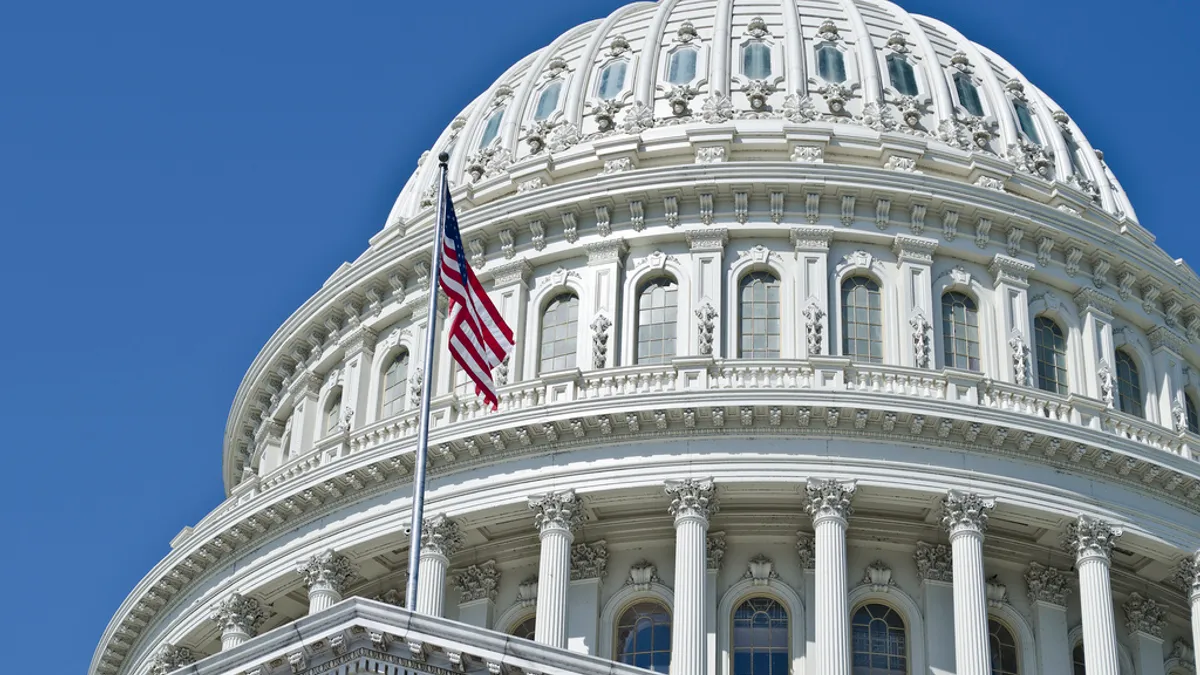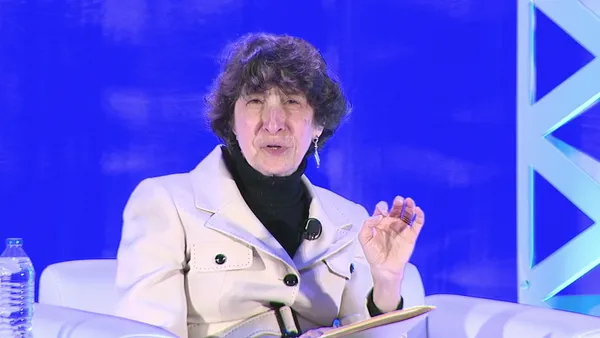Dive Brief:
- Both houses of Congress have approved the GOP's tax reform bill, and President Trump is expected to sign it — although perhaps not right away.
- The final version has several provisions that affect employers, according to a Willis Towers Watson (WTW) analysis. The bill repealed some deduction for businesses: They'll no longer be able to deduct some parking and transportation benefits and some entertainment expenses; they gained, however, a tax credit for paying workers while they're out on Family and Medical Leave Act leave, WTW says.
- The bill also removes a number of employee deductions, including those for employer-provided bike commuter benefits and relocation assistance, although it didn't scrap as many as initially proposed, according to WTW. The bill also states that settlements related to sexual harassment or sexual abuse won't be deductible if they are subject to a nondisclosure agreement.
Dive Insight:
Unlike earlier proposals, the final version of the tax reform bill spared most employer-sponsored fringe benefit programs from significant changes, D. Finn Pressly, an employee benefits partner at McDermott Will & Emery, said in an email to HR Dive. "Dependent care flexible spending accounts survived the tax reform process unscathed, to the relief of many working parents," he noted; the House had initially proposed an aggressive plan that would have eliminated these programs.
The bill also repeals the Affordable Care Act's individual mandate in 2019, but that's unlikely to trigger significant changes to employer-sponsored healthcare plans, Pressly said. Some employees may choose to drop coverage to save money, so "[e]mployers should be sure that their communications emphasize that employees who drop coverage will not be allowed back into the plan until the next open enrollment window unless they experience a qualifying mid-year election change event (such as a birth or marriage)."
On top of its compliance impact, the bill's cuts likely will also create a windfall for employers (particularly large businesses). So far, reports as to what some have decided to do with the influx of cash have been all over the map. Some strategically announced big bonuses across the board for their workers, others are upping their minimum wage and others still have decided to invest in emerging tech and skill areas after the bill was passed.
That last point may provide some counter to the argument that this particular bill will mean an easier push toward automation (and worker displacement). But a handful of cases won't be enough to overturn a problematic trend in the long run. Another potential counterpoint against the bill is its effect on corporations' ability to outsource jobs to other countries. Some experts say the current bill encourages such moves.
The Trump administration has so far countered that narrative by encouraging American companies to "hire American" while rolling back foreign work visa allotments, but a heavy share of workforce analysts (and CEOs) say that isn't attacking the real problem: U.S. workers, or at least those applying for increasingly complex jobs, aren't prepared to take on such roles. Worse yet, that move to prevent foreign talent from intruding on U.S. talent pools has employers thinking about moving north, where the rules are much friendlier to businesses struggling to find skilled workers.














